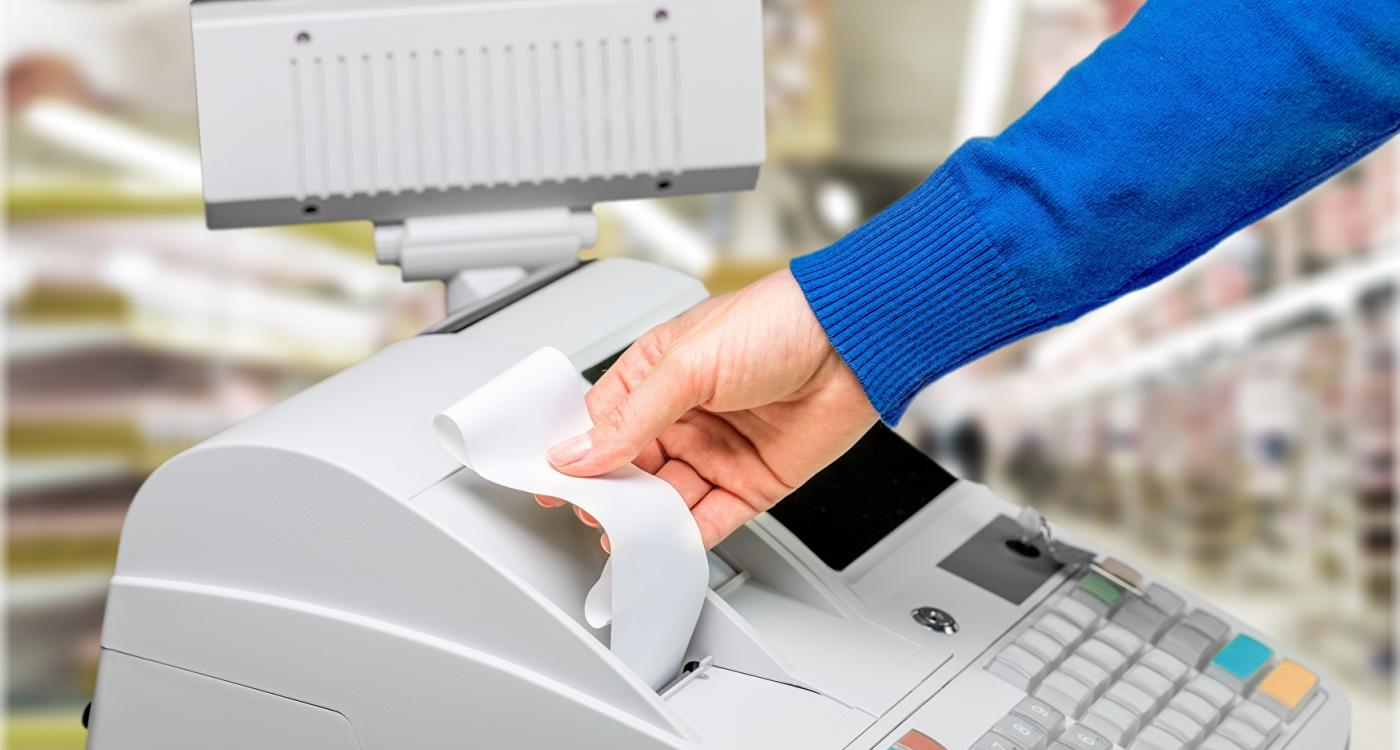Big changes are coming to Germany’s point of sale systems starting January 1, 2020. Two terms that are tossed around in this connection are "Belegausgabepflicht" (Receipt Provision Ordinance) and “fiscalization”.
What exactly does this mean and what changes are headed to point of sale manufacturers and retailers? Here is a brief synopsis.
Fiscalization
What are the new requirements?
The Act on Protection against Manipulation of Digital Records (Kassensicherungsverordnung) enters into force on January 1, 2020. It stipulates that electronic record-keeping systems – including computerized point of sales systems, cash registers and printers – must be equipped with a so-called "Technische Sicherheitseinrichtung" (a certified technical security device, TSE) to protect against manipulation. All existing cash registers in operation must also be reported to the respective German tax authorities.
What exactly is a technical safety device?
The technical safety device has three functions: it transfers, protects and stores cash register transactions. More precisely, it features:
- A uniform interface for secure data transfer
- A safety module to prevent subsequent manipulation or deletion of stored data
- A storage module that stores data in accordance with legal recordkeeping requirements (accounting records must be retained for a minimum of ten years).
At present, a certified TSE can apply to multiple POS systems. The TSE certification is valid for five years. Respective certificates may be renewed after expiration.
What are retailers and merchants required to do?
All record-keeping systems must be equipped with a TSE and reported to the respective German tax authorities. Notification is possible by fax or letter, forms can be obtained at the tax office. The TSE must be certified, which is the responsibility of TSE manufacturers. Point of sales system users are not required to handle this specific aspect. Certification of the actual point of sale system is not necessary.
Belegausgabepflicht (Receipt Provision Ordinance)
What are the new requirements?
"Would you like a printed receipt?" – Starting January 1, 2020, this question will be a thing of the past. All customers must then be given a purchase receipt in Germany. This is primarily intended to prevent a retroactive deletion of sales records.
What are retailers and merchants required to do?
Retailers and merchants must issue a receipt to anyone involved in a transaction. Receipts can be issued in paper form or be made available electronically via an app or mail, but must be delivered immediately after purchase completion. The customer is not obligated to take the receipt.
Are there exceptions or exemptions?
On the grounds of legal unreasonableness (indicating an objective or personal hardship for the individual taxpayer), the new law grants an exemption in cases where retail items are sold to a large number of unknown persons, such as at a newspaper kiosk for example. Retailers can apply for a tax exemption within the meaning of § 148 AO with tax authorities. An exemption is determined on a case-by-case basis. The exemption can also be revoked.










